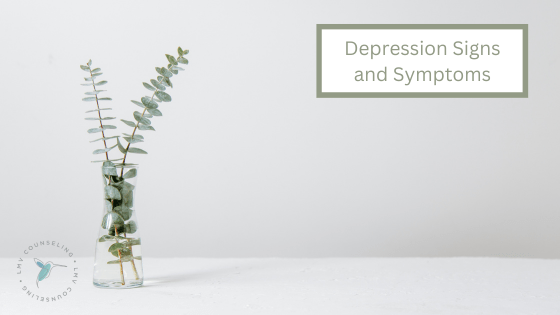 Depression is a common mental health condition that affects millions of people worldwide. It’s important to recognize the signs and symptoms of depression so that you can seek help and start the journey towards healing.
Depression is a common mental health condition that affects millions of people worldwide. It’s important to recognize the signs and symptoms of depression so that you can seek help and start the journey towards healing.
Common Signs and Symptoms of Depression
1. Persistent Sadness: Feeling sad or down for an extended period of time is one of the hallmark signs of depression. This sadness may be accompanied by feelings of hopelessness, helplessness, or worthlessness.
2. Loss of Interest: People who are experiencing depression often lose interest in activities they used to enjoy. This can include hobbies, socializing with friends and family, or even work or school.
3. Changes in Sleep Patterns: Depression can cause changes in sleep patterns, such as insomnia or excessive sleeping. Some people may have difficulty falling asleep or staying asleep, while others may feel exhausted and oversleep.
4. Appetite Changes: Depression can also affect appetite, causing either a loss or increase in appetite. Some people may lose weight due to decreased appetite, while others may gain weight due to overeating.
5. Fatigue: Feeling constantly tired or fatigued is a common symptom of depression. Even simple tasks like getting out of bed or taking a shower can feel overwhelming and exhausting.
6. Difficulty Concentrating: Depression can make it difficult to focus and concentrate, affecting work, school, and daily tasks.
7. Physical Symptoms: Depression can also cause physical symptoms, such as headaches, muscle aches, and digestive problems.
Variation in Depression Symptoms
It’s important to note that everyone experiences depression differently, and not everyone will experience all of these symptoms. However, if you or someone you know is experiencing persistent sadness, loss of interest, changes in sleep or appetite, fatigue, difficulty concentrating, or physical symptoms, it may be a sign of depression. Many people describe the sensation of depression as feeling like a dark cloud has come over them. They have a difficult time genuinely smiling and getting motivated.
Therapy, medication, and lifestyle changes, such as exercise and healthy eating, can all be effective treatments for depression. If you suspect that you or someone you know is experiencing depression, it’s important to seek help from a mental health professional. Depression is a treatable condition, and with the right support and treatment, people can recover and regain their quality of life.

